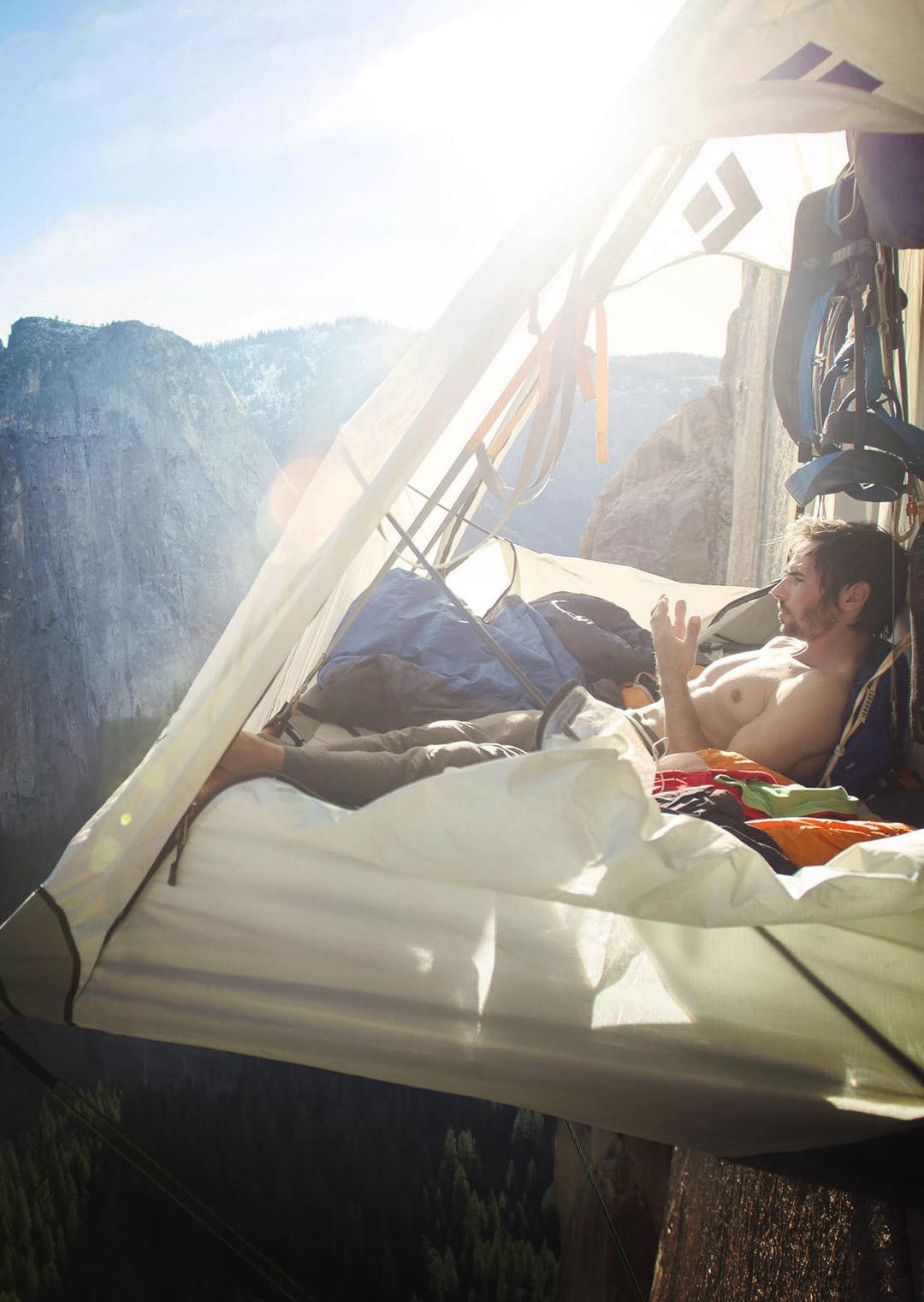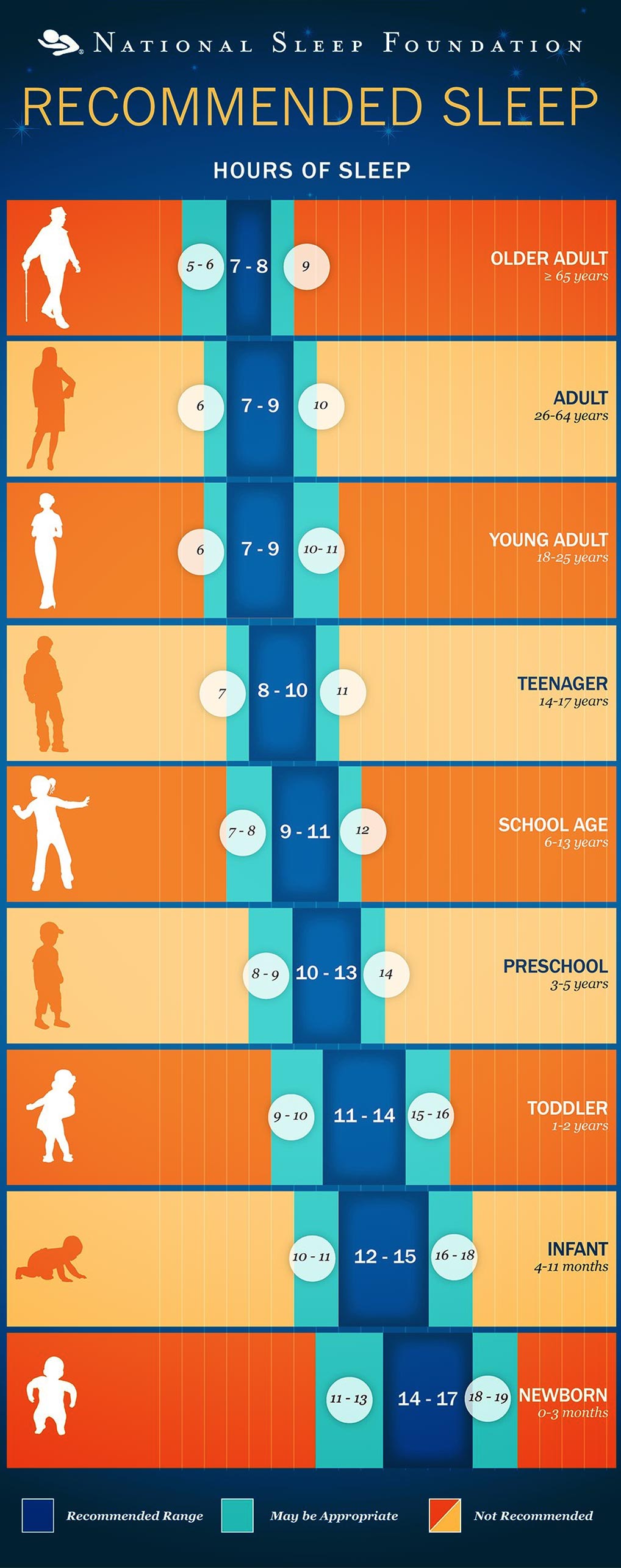Are you good in bed?
Being an expert in the sack requires practice, dedication and an enthusiasm for improvement. It takes more than nutrition and physical training to perform at your peak—you need sleep. More than you think! Professional sleep expert Victor H. Javeri Jr., PhD, RPSGT, CSE tells Zesty Life why athletes should make sleep a priority in their daily training.
Q: How important do you think sleep is compared to nutrition, supplements and training for athletes?
A: Active people spend hundreds of dollars per month seeking the recovery processes that their body’s do naturally. You can’t expect to train several hours per day, gulp down your nutritional supplements, cram in late night work tasks followed by a midnight face plant—and then be able to bring your A Game the next day. You need to rest in order for your training to be absorbed by the body.
Q: What exactly do we know about sleep and its relationship to exercise recovery?
A: Sustained, natural, saturated sleep is gold standard of physical and mental recovery. Sleep deprivation has been shown to cause as much as a 300% reduction in response time (both cognitive and motor). In terms of recovery, deep sleep is when growth hormone is released, this hormone stimulates muscle growth and repair, bone building, fat burning and recovery.
Q: Do athletes require more sleep than the average person?
A: The National Sleep Foundation actually states everyone needs quite a bit more than 7 hours of sleep per night. 8 hours is simply the threshold of specific comorbidities. Based only on age the following chart is a good initial guide to the amount of recommended sleep assuming no substantial sleep debt.
Q: Should I go to bed early and get extra sleep before a big event or training day?
A: More sleep is always better than less from a performance standpoint. However, due to the balance of your body’s overall biochemistry, I generally will recommend that athletes don’t change anything before or after a competition or substantial physical event. Instead, consider an overall increase in your daily sleep well beforehand.
Q: Can we train ourselves to sleep better? Do you have some quick and dirty tips?
A: We can all improve our overall sleep quality and thus improve our entire 24 hour cycle. There is no “Quick Fix” per se, as habitualized action is what makes the most impact, and habits generally take 28-36 days to form. That said, good sleep hygiene, including an appropriate sleep environment, reduction of alcohol and food intake prior to bedtime, cessation of electronics and aggressive exercise in the hours leading up to bedtime are all know contributors to improved overall sleep efficacy and efficiency.
Q: Do you recommend a pre-sleep routine?
A: Absolutely! In a perfect world the entire day would be regimented around lead up to sleep. However, the final three hours can really help.
Three Hours Prior to Bedtime:
- No more food
- No more alcohol
- Begin to reduce your liquid intake
- No more aggressive exercise (Nothing more than a short gentle walk)
90 Minutes Prior to Bedtime:
- No more hot baths or showers
- Turn off all electronic stimulants (Eg: IPhone, Ipad, TV (really anything that plugs in))
30 minutes Prior to Bedtime:
- Reduce the amount of light around you (People have a tendency to stand in front of a glaringly lit bathroom mirror prior to sleep to brush teeth. This is biochemically counter-intuitive to sleep).
5 minutes Prior to Bedtime:
- Go to bed! No books, no electronics. Your bedroom should be a sanctuary, associated only with sleep and sex.
Q: Do you recommend taking naps to catch up on sleep or get a mid-day rest?
A: Anytime you go to sleep, whether that be at night or mid-day, your body uses its limited chemistry to both fall asleep and transition you through your various sleep stages. When you nap you use the chemistry your body needs for the night and thus makes your nighttime sleep quality less efficient. Napping is a poor substitution for a good overall sleep wake cycle.
Q: Do you recommend taking melatonin in some cases?
A: There are a few, very small sets of circumstances under which I would recommend Melatonin usage for my patients. Mostly due to insomnia with other co-morbities that prevent more effective pharmaceuticals from being used. Due to its accessibility, I commonly find patients that have been taking Melatonin improperly for years. This is caused by a basic misunderstanding about how the drug is metabolized. Even the average distributor of Melatonin gives broad (commonly incorrect) usage instructions due to the complex nature of the drug. I do not recommend its use unless you are under the direct supervision of a board certified medical sleep specialist.
Q: Give us your craziest sleep factoid!
A: Human beings are the only mammals that will willingly delay sleep. This fact speaks for itself!
Q: What’s the best sleeping position?
A: Contrary to popular belief, Missionary is the tried and true way to sleep like a dream. This position prevents neck and back pain, reduces acid reflux, minimizes wrinkles and maintains perky breasts. :O
Sleep Tips for Athlete’s
- Make sleep a part of your regular training regimen
- Ensure dark room with no light source present
- Quiet environment
- Maintain room temperature 18°C
- Ensure that bedding does not cause an environment that is too hot
- Sleep routine: consistent time each night for falling asleep and waking up
- Extend nightly sleep for several weeks to reduce your sleep debt before competition
- At least 7 hours of sleep per night
Thank-you to Victor H. Javeri Jr., PhD, RPSGT, CSE
Sleep Workshop
Stay tuned for Victor Javeri’s sleep workshop this September @ Core Intentions Pilates:
“Sleep for Peak Performance” For more information contact coreintentions@gmail.com.






2 Comments
Ben sharma
July 20, 2017 at 6:19 pmVery informative and a fun read!
Adventurepreneur: Create your lifestyle brand | Zesty Life | Recipes, Adventure, Health in Squamish BC
July 21, 2017 at 7:33 am[…] nutrition and sleep deprivation will not contribute to a winning performance. As an athlete, you understand the balance of health, […]